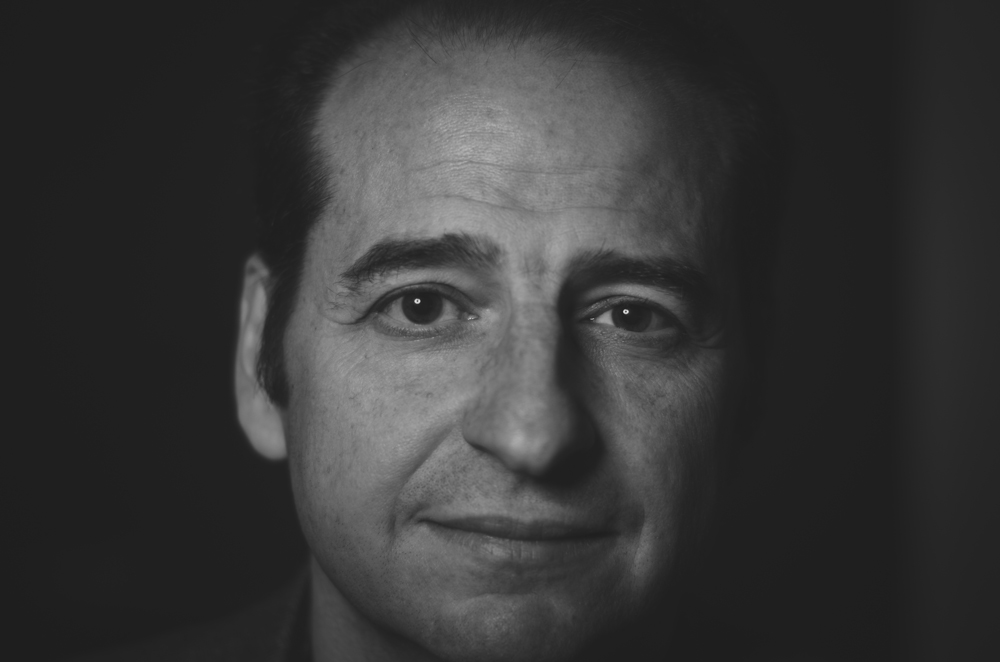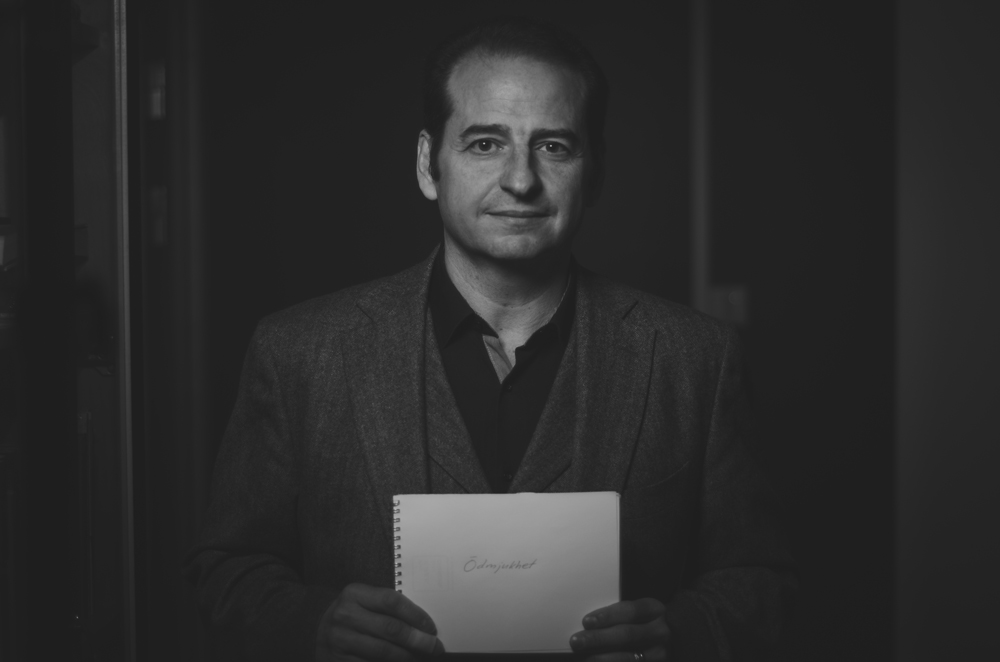“We are humans” is a freelance project, with which Lundagård journalist Eleonora Kleibel and photographer Hauke Steffen aim to point out the great cultural variety the entire body of Lund University has to offer. This week we present a professor of the university: Sanimir Resic.

Where do you come from?
– I come from several places. I was born in Croatia, in Dalmatia. We like to emphasize that because it is a very, very nice place. But my mother was born in Italy to an Italian mother and Croatian father. And my father was a Bosnian, which practically means that before 1993 he would have been called a Bosnian Muslim.
– So I was born in Croatia, which at that time was part of Yugoslavia. But usually, to make it easy, when asked where I was born, I say Croatia. But that does not mean that it is important to me, because I was brought up and schooled in Sweden. I might be the first generation that can call oneself truly European. And I am proud of that.
– But as you certainly know, what you think of your own heritage and background is not always important, because it is other people that are labelling you.
Where do you feel at home?
– Scotland. I consider myself to be a European and it’s not a cliché. I was born in Dalmatia, in a town called Split. When I am in Split I kiss the ground because I love that place.
– But on the other hand, I am very connected to Sweden, so I am very protective of Sweden as well. I love France. It is a wonderful place. I lived in the United States for two years and I missed Europe so much.
How did you come to Lund?
– I grew up in Malmö and came to Lund at 19 to be a student. I came to study history. It wasn’t the first thing that people considered. I guess it is still the same that immigrant kids tend to study something that leads to secure jobs.
– My friends, for example, all became engineers. I came as a student and even if I travel a lot, I always come back. Lund is my place.

Can you tell us the story of your name?
– Yes, my name has a meaning. My first name is Sanimir. “mir” is a typical ending in all Slavonic languages and in a name it means peace. The prefix “San” means dream or sleep. So I am someone who sleeps/dreams well and peacefully, which probably means that my parents had no idea of how I would turn out, because I am quite hectic and not very peaceful. I do sleep well though.
– My mother, who is Italian, always wanted to call me Santino, which in Italian means little angel, but my father could not agree. So I guess they made some kind of compromise. Santino, Sanimir.
– I had a lot of problems with the name when I was a child. I don’t think it’s the same now, because kids in Sweden have all kinds of names. But I was really bullied. They told me, I cannot pronounce it this way or I cannot write it that way. It is not a common name. That’s also why I expect to compromise.
Do you have a word you particularly like in your first language?
– Swedish is my first language. If you would have asked me when I was younger I would have said Croatian. There is a word I like especially and it is Ödmjukhet, which means humility. I think if we all were more humble, the world would be a better place.





